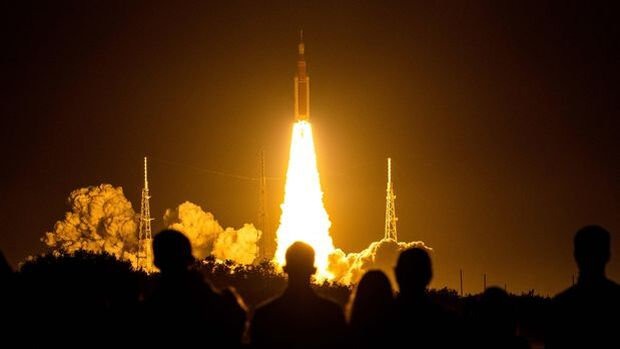Rocket Lab to launch climate satellite for NASA
The aerospace transportation company Rocket Lab will launch two small satellites for NASA that could help scientists better understand how a warming global climate will affect massive polar ice shelves. The satellites, due to launch in May 2024, will be crucial for climate research, understanding of climate change, space technology and collaboration. They will be the seventh and eighth launches the company has conducted on behalf of NASA since 2018. The aerospace transportation company Rocket Lab will launch two small satellites for NASA that could help scientists better understand how a warming climate will affect massive polar ice shelves. The satellites, due to launch in May 2024, will be crucial for climate research, understanding of climate change, space technology and collaboration. They will be the seventh and eighth launches the company has conducted on behalf of NASA since 2018. The two satellites, each about the size of a loaf of bread, will be equipped with a miniature instrument called a thermal IR spectrometer. In two launches scheduled for May 2024, Rocket Lab will use its Electron rocket to carry two CubeSats into near-polar orbits, where they will collect data for at least 10 months. The launches will take place from Rocket Lab’s launch site on the Mahia Peninsula in New Zealand and will likely occur in rapid succession due to the unique requirements of the mission. NASA awarded the launch contract as part of its Enterprise Class Dedicated and Vehicle Share (VADR) program, a massive five-year, $300 million contract vehicle to place NASA payloads on commercial rockets. The financial structure of the contract was not disclosed. Earlier this year, Rocket Lab successfully launched four of the space agency’s storm-observing satellites into orbit.


